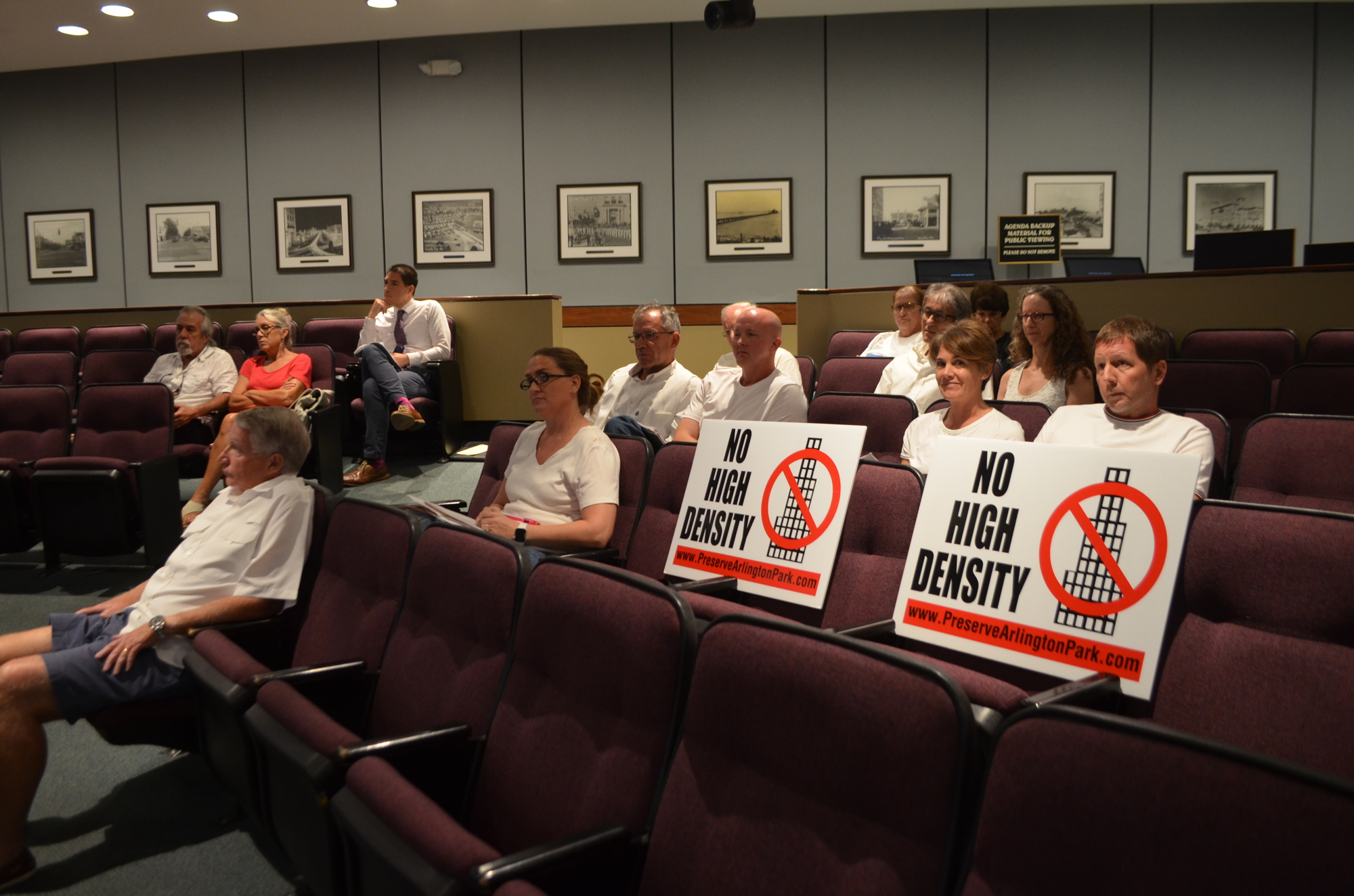- December 27, 2024
-
-
Loading

Loading

When Sarasota leaders asked the Florida Housing Coalition for guidance on how to create more affordable housing in the area, the response came with a warning.
“Neighborhood opposition … is a recurring barrier for workforce housing in the city of Sarasota and Sarasota County,” the FHC’s Blueprint for Workforce Housing states.
In the city of Sarasota, residential projects seeking density increases in exchange for some affordable housing have drawn community pushback on multiple occasions. Last year, in response to opposition from the Coalition of City Neighborhood Associations, the city formally abandoned the prospect of adopting proposed zoning changes in residential areas.
The Arlington Park neighborhood is currently organizing opposition to a proposed 233-unit apartment complex that would include 35 attainable units. Residents are skeptical of the benefit of these projects and questioning if the amount of affordable housing is significant or if units will be reasonably priced.
But they’re also concerned about the effects of building new housing in their neighborhoods. For some residents, that’s a higher priority than creating more affordable housing.
“The days of affordable housing for Sarasota may be over,” said John Hanlon, an Arlington Park homeowner and landlord. “They may have to commute because the property values have gone sky-high.”

Developers — as well as some planners and housing advocates — are critical of this neighborhood perspective.
At a September Sarasota County Commission meeting, Jon Mast, the chairman of the county Affordable Housing Advisory Committee and CEO of the Manatee-Sarasota Building Industry Association, suggested opponents of a proposal to allow accessory dwelling units placed anti-growth sentiment before the needs of those lacking a suitable place to live.
“Those speaking against this subject are myopic and callous and would prefer to limit those in need of affordable housing to further their goal to eliminate any new building and development,” Mast said.
One of those opponents was Dan Lobeck, president of the activist group Control Growth Now and an attorney who has represented multiple resident groups opposing proposed projects in their neighborhoods. Lobeck said his group supports creating more affordable housing and said developers and elected officials are responsible for the challenge the region is facing today, not neighborhoods.
Lobeck said Control Growth Now is an advocate for inclusionary zoning, a policy that requires builders to include affordable housing in new projects.
Lobeck rejects the theory that officials need to make it easier to build denser housing to create more affordable housing, particularly in existing neighborhoods. He thinks homeowners who raise concerns about neighborhood character have a valid point. He said there are some places where it’s appropriate to build multifamily housing, if there are requirements to also provide affordable housing. But he believes that’s generally not in residential areas outside of the urban core.
“There needs to be respect for the people who are here today,” Lobeck said. “How many people living in a nice single-family neighborhood would like an apartment building to go up on their side lot line? Probably not many.”